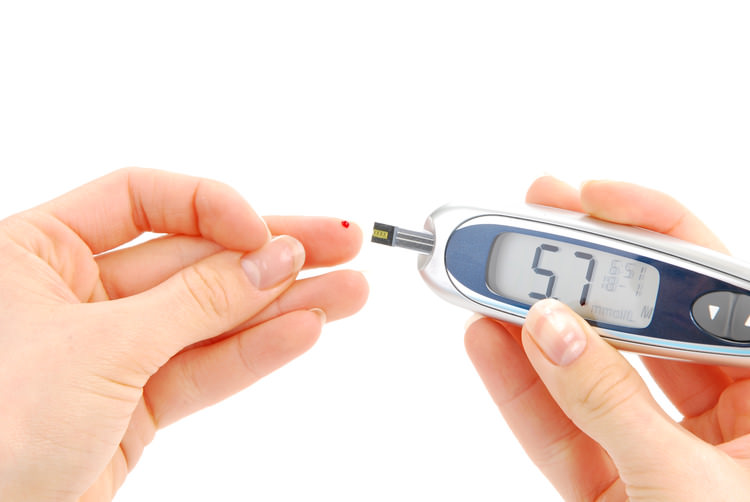World Diabetes Day falls on November 14th every year on the birthday of insulin co-creator Dr. Frederick Banting, and is the annual occasion when the world’s attention turns to the growing problem that is diabetes. This awareness campaign sees events organised across 100 countries as well as in the G7, the UN General Assembly and the G20. Behind the campaign is the International Diabetes Federation who aim to give those suffering from the condition a powerful voice as well as educating people in how to avoid the condition.
By the year 2035, there will be an estimated 600 million people that will live with diabetes on a daily basis. In 2014, there were nearly five million deaths associated with the condition and one in two sufferers don’t even realise they have it. World Diabetes Day aims to help educate those people into getting checked as well as offering advice and support for those with the condition.
What is Diabetes?
Diabetes mellitus is a lifelong condition caused by a lack, or insufficiency of insulin. Insulin acts like a key to open the doors into your cells, letting sugar (glucose) in. In diabetes, the pancreas makes too little insulin to enable all the sugar in your blood to get into your muscle and other cells to produce energy. If sugar can’t get into the cells to be used, it builds up in the bloodstream. Therefore, diabetes is characterised by high blood sugar levels which can lead to serious health problems.
Chronic diabetes conditions include type 1 diabetes and type 2 diabetes. Type 1 diabetes tends to occur in childhood or early adult life. It is caused by the body’s own immune system destroying the insulin-making cells of the pancreas. Type 2 diabetes usually develops slowly in adulthood.
Symptoms of Diabetes
- Excessive thirst and increased urination
- Fatigue
- Weight loss
- Blurred vision
- Slow healing sores or frequent infections
- Tingling hands and feet
- Red, swollen or tender gums
Causes of Diabetes
Although the cause of type 1 diabetes is unclear, it probably includes genetic risk factors and environmental factors. Type 2 diabetes mainly occurs due to insulin resistance where the body’s muscle and liver cells do not effectively use insulin. On the other hand, hormonal changes and pregnancy demands combined with environmental factors cause Gestational diabetes.
Control of Diabetes
Type 1 diabetes always requires treatment with insulin injections. Type 2 diabetes can sometimes be treated with diet and exercise, but more often Type 2 diabetes may require antidiabetic medicine and/or insulin injections.

